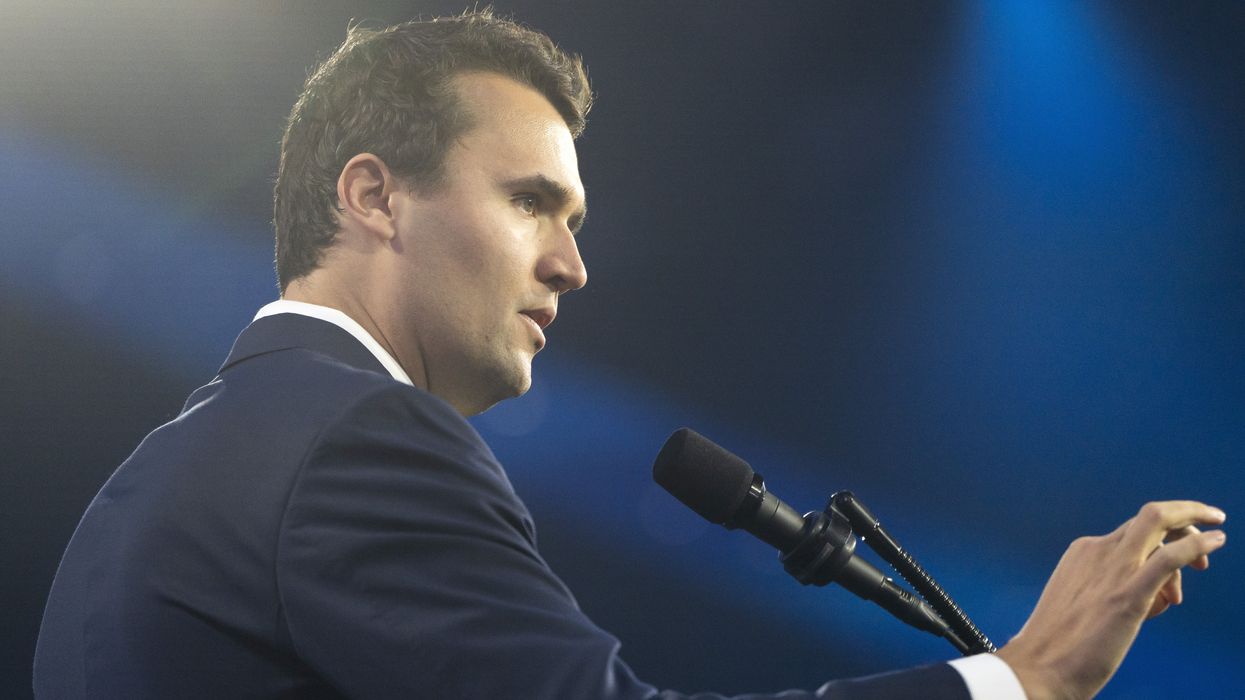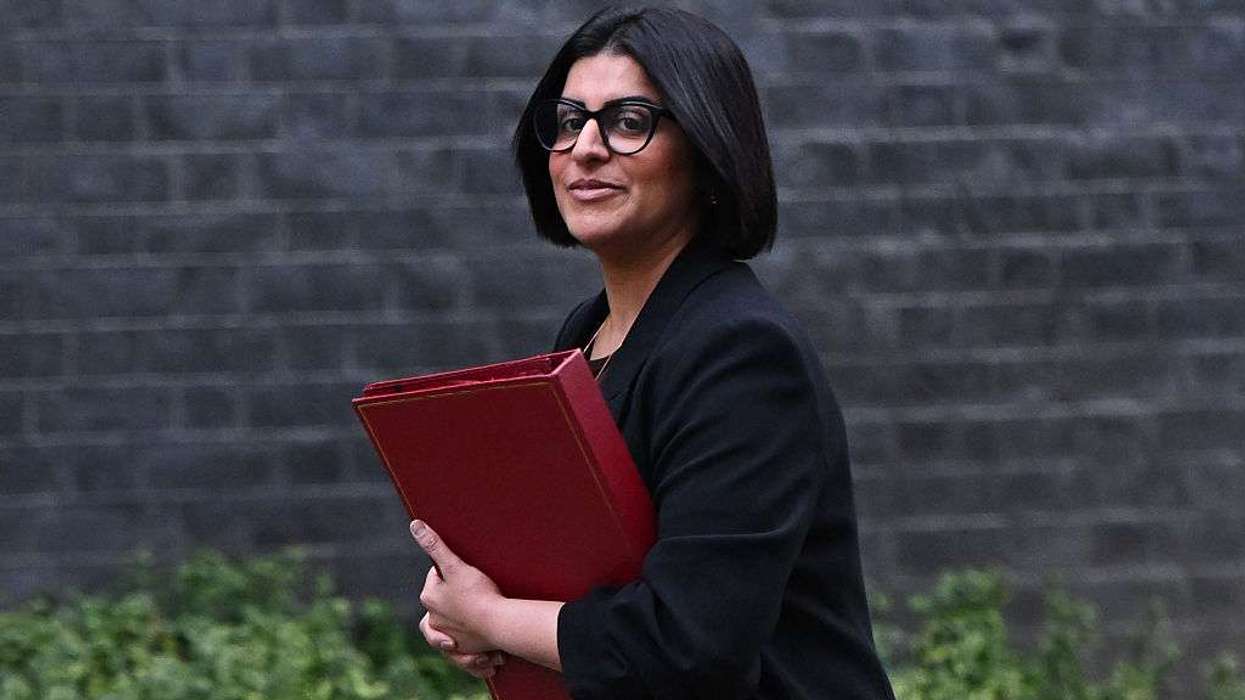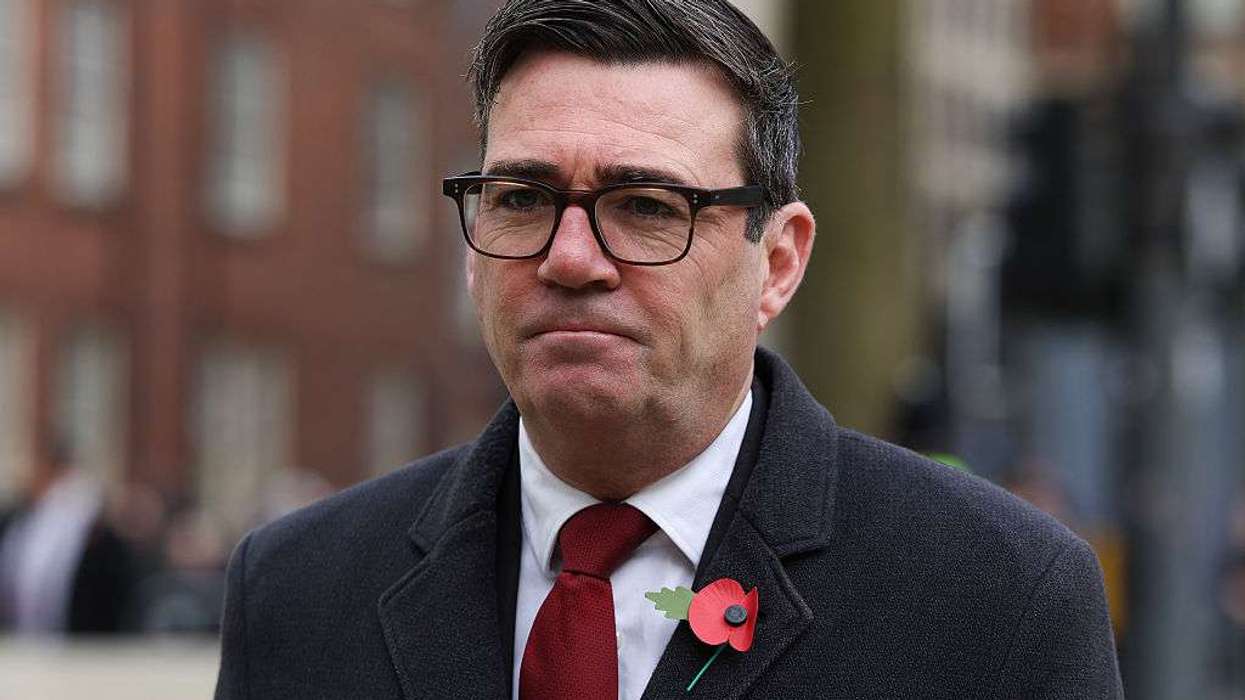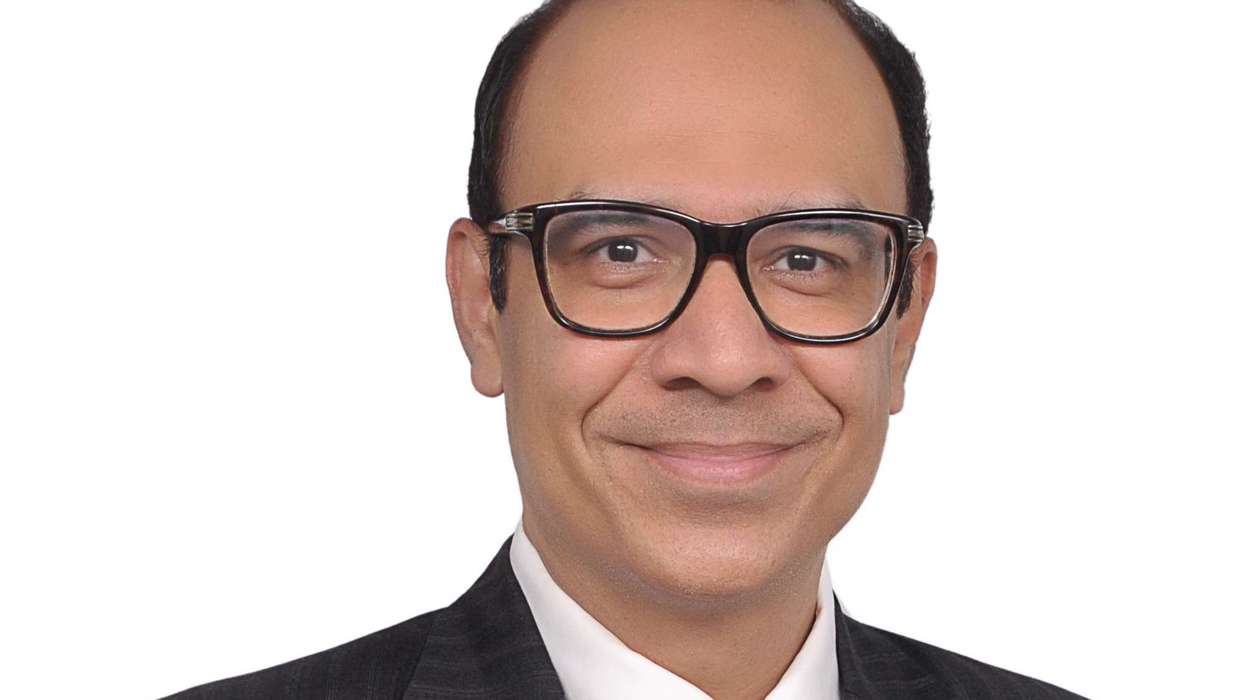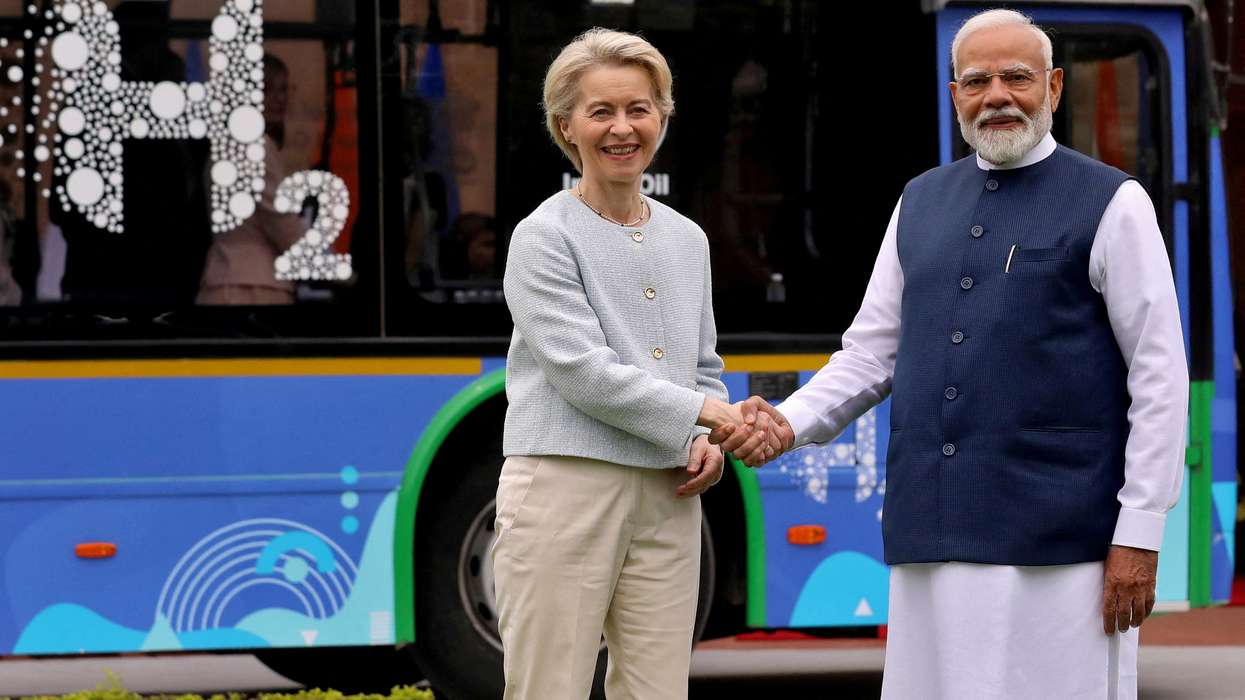Highlights:
- Charlie Kirk, 31, shot dead at Utah Valley University during a student event; shooter still at large.
- FBI falsely announced an arrest, later retracting the claim, raising questions about investigation handling.
- Retired Canadian Michael Mallinson wrongly accused online as the shooter; misinformation spread rapidly on social media.
- Security at the event was minimal, with no bag checks.
The assassination of conservative activist Charlie Kirk during a student event at Utah Valley University has left the nation shaken and investigators scrambling. The 31-year-old was fatally shot in the neck while answering questions under a campus tent, in what officials are calling a sniper-style attack. The shooter remains at large, and the aftermath has exposed investigative missteps, rampant misinformation, and a dangerous level of political vitriol that threatens to push an already polarised America closer to the edge.
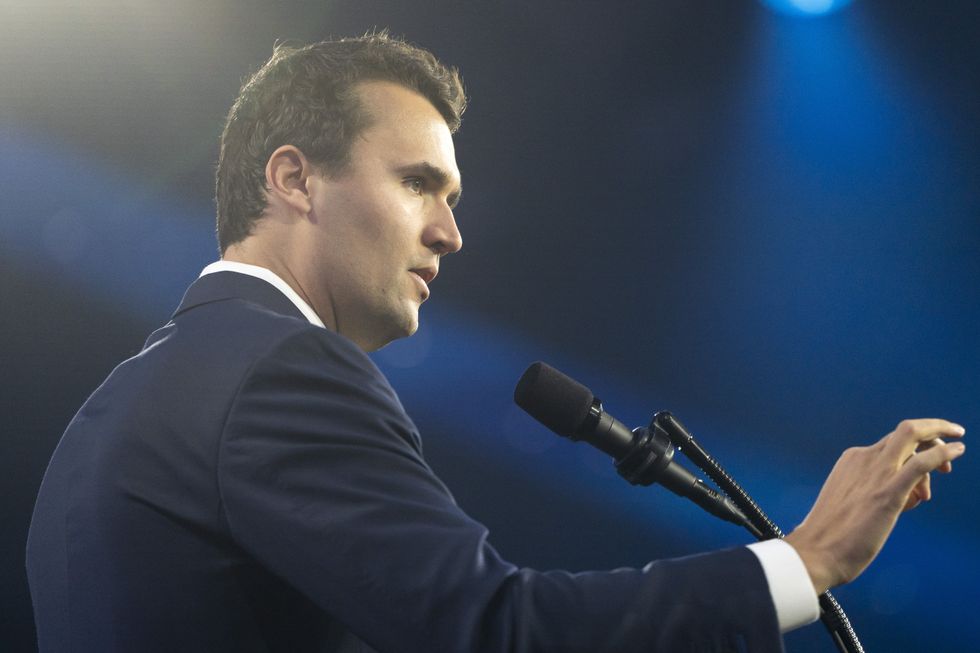
Manhunt or mismanagement?
While Kirk’s body was still en route to the morgue, the FBI announced an arrest. FBI Director Kash Patel posted on X that a “subject” was in custody, then later wrote that the individual had been released after interrogation, statements that conflicted with those of other local officials and added to early confusion about whether a suspect was actually detained.
Within hours, the Bureau retracted the statement. No shooter was in custody. Instead, one man, George Zinn, had been detained and charged only with obstruction before being released; officials say he was not tied to the shooting. The actual assassin remained at large, likely dressed in dark clothing, armed with a rifle, and vanished from a rooftop roughly 137–183 metres from the stage. Authorities later said they recovered a bolt-action rifle believed to have been used.
This embarrassment for the agency came on the same day three former senior FBI officials filed a federal lawsuit alleging politically motivated firings and accusing leadership, including Director Kash Patel, of politicising bureau personnel decisions.
Digital witch hunt
While investigators combed through footage and witness statements, the internet took matters into its own hands.
Michael Mallinson, a 77-year-old Canadian retiree, became the face of the assassination online after a fake Fox News account posted his photo alongside the caption: “This is the shooter.”
The post went viral. Thousands shared it. Hate poured in. Even automated tools and chatbots (including xAI’s Grok) echoed the false identification proving how AI and social platforms can amplify misinformation in real time.
Mallinson was nowhere near Utah. He had not left Toronto. On YouTube, creators used footage of Kirk’s killing as clickbait. On Telegram and fringe platforms, users celebrated his death.
Graphic footage circulated widely, reposted by some YouTube and TikTok channels and amplified on fringe and encrypted platforms, where pockets of users celebrated the killing. The assassination was not just a news event, it became content.
Security failures laid bare
Kirk was a controversial figure. He knew it. His team knew it. Yet security at the event was shockingly lax. Students and attendees say no bag checks were conducted. While Kirk had private security alongside six university officers, the setup was more suited to crowd control than to the threat of a long-range attack. The shooter used that exposure to their advantage
Political and international fallout
The killing has reverberated far beyond Utah. Donald Trump called Kirk “legendary,” while Turning Point affiliates in the UK and Australia declared him a martyr. Hungarian Prime Minister Viktor Orbán blamed “the international hate campaign of the liberal left,” while Italy’s Giorgia Meloni called it “a deep wound for democracy.”
This swift politicisation has in fact deepened divides, with experts warning that framing the death in martyrdom terms risks fuelling further violence.
The human toll
Behind the politics, violence and digital noise remains the wreckage of a young family. His wife Erika now faces raising two children who were close enough to hear the shot that killed their father. Public figures offered condolences and leaders across the political spectrum described it as a tragedy and warned against political violence.
A conclusion we should not have to write
Charlie Kirk’s assassination is more than a criminal case. It is a failure of security, a test of law enforcement credibility, and a mirror held up to the toxic speed of misinformation. The shooter is still free, and the questions are multiplying about safety, accountability, and how political violence is inflamed.
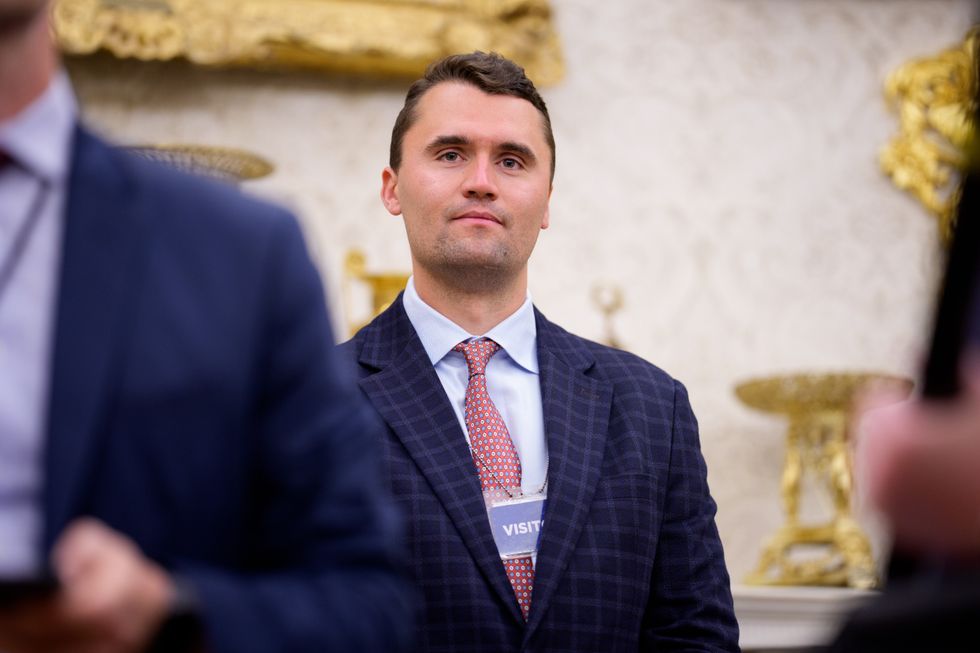
The investigation will eventually name a suspect. But no arrest will erase the fact that a man was gunned down in front of his family, and that the aftermath, from false custody claims to viral lies, has made a fractured nation feel even more unstable. Not in abstract political terms, but in the daily lives of people who now fear rallies, campuses, and speech. That is the cost we can least afford to ignore.
